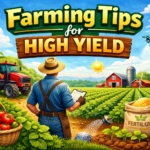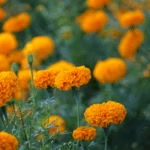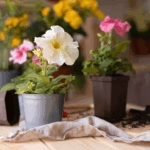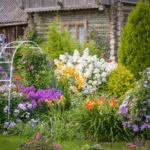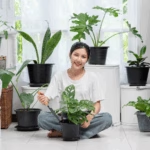One of the first decisions every gardener faces is whether to grow vegetables from seeds or seedlings. Both have their advantages and disadvantages, and your choice depends on your gardening experience, climate, budget, and patience.
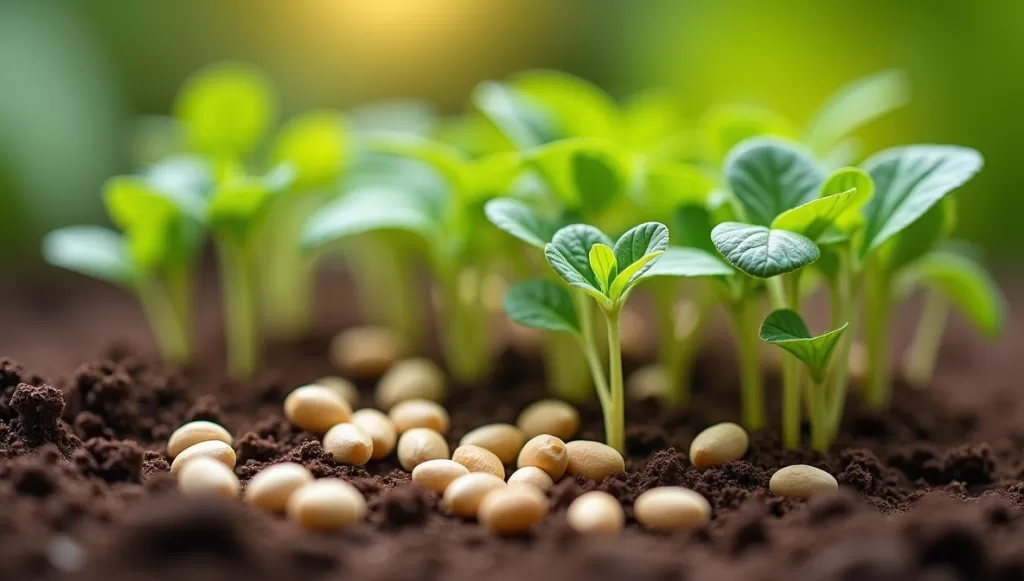
In this guide, we’ll compare seedlings vs. seeds so you can choose the right option for your garden.
What Are Vegetable Seeds?
Vegetable seeds are the starting point of most plants. You sow them directly into soil or seed trays, and with proper care, they germinate into young plants.
Advantages of Seeds:
- Lower cost – Seeds are much cheaper than seedlings.
- Greater variety – Access to rare, heirloom, and hybrid varieties.
- Better root establishment – Plants adapt to your soil from the start.
- Long shelf life – Seeds can be stored for future seasons.
Disadvantages of Seeds:
- Slower growth – It takes more time to reach harvest.
- Germination risks – Some seeds may not sprout.
- More care required – Requires monitoring soil, moisture, and temperature.
What Are Vegetable Seedlings?
Vegetable seedlings are young plants grown from seeds in nurseries or greenhouses and sold ready for transplanting.
Advantages of Seedlings:
- Faster harvest – Skip the germination stage.
- Reliable growth – Professionally grown seedlings are usually strong and healthy.
- Convenience – Perfect for beginners or late planting seasons.
- Fewer losses – Saves time and effort if you have poor germination conditions.
Disadvantages of Seedlings:
- Higher cost – More expensive than seeds.
- Limited variety – Restricted to what nurseries offer.
- Transplant shock – Some seedlings struggle when moved to garden soil.
Seeds vs. Seedlings – Quick Comparison Table
| Feature | Seeds | Seedlings |
|---|---|---|
| Cost | Low | High |
| Variety | Wide | Limited |
| Growth Speed | Slow | Fast |
| Risk of Failure | Medium | Low |
| Best For | Experienced & patient gardeners | Beginners & time-sensitive planting |
When to Choose Seeds
Seeds are best if:
- You want rare or unique vegetables not found in stores.
- You have time for plants to grow from scratch.
- You prefer organic and chemical-free growing from the start.
Examples: Tomatoes (heirloom varieties), carrots, cucumbers, pumpkins.
When to Choose Seedlings
Seedlings are best if:
- You have a short growing season.
- You’re a beginner and want quick results.
- You missed the seed sowing window.
Examples: Lettuce, capsicum, eggplant, broccoli.
Expert Gardening Tip
Many gardeners use a mixed approach – starting some plants from seeds (like beans, cucumbers) and buying seedlings for slower-growing or delicate plants (like peppers and tomatoes).
FAQs
Q1. Are seedlings always better than seeds?
No. While seedlings give a head start, seeds offer more variety and are more affordable.
Q2. Can I grow seedlings at home?
Yes, you can start seeds indoors in trays to make your own seedlings.
Q3. Which option is better for beginners?
Seedlings are easier for beginners, but seeds are great for learning gardening basics.
Conclusion
Both vegetable seeds and seedlings have unique benefits. Seeds offer variety and cost savings, while seedlings provide speed and convenience. For the best results, consider combining both methods in your garden plan.
Call to Action:
Ready to start your garden? Get fresh vegetable seeds and healthy seedlings at Agzora.com for a perfect harvest.

